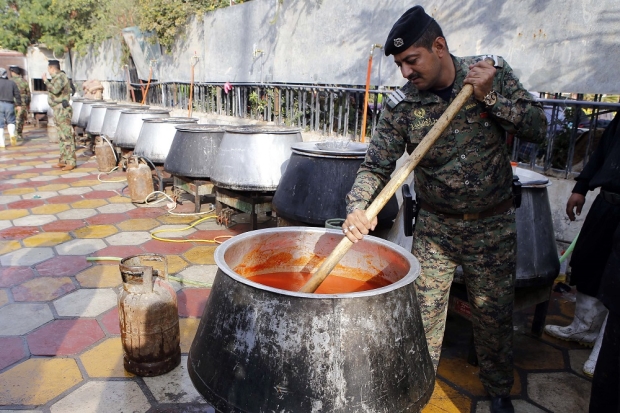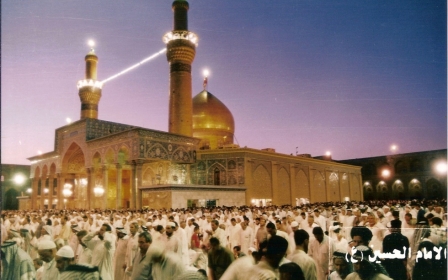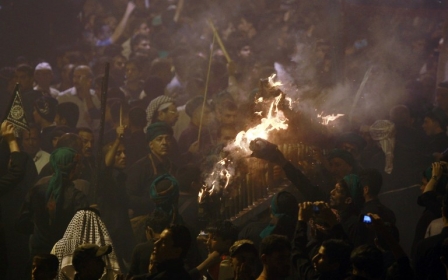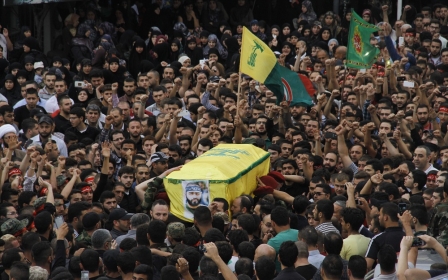Record numbers flock to Iraq’s Karbala for Arbaeen
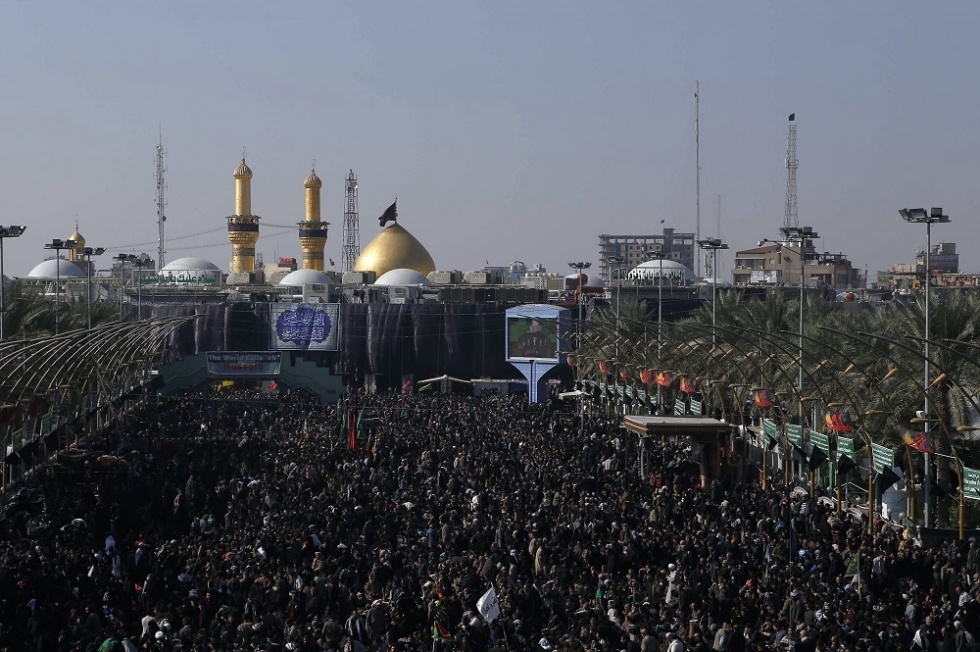
Millions of Shiite Muslim pilgrims thronged the Iraqi shrine city of Karbala for the climax of annual Arbaeen mourning rituals on Saturday.
Some had walked for more than 12 days, from Iraq's far south or across the border from Iran, while others were bussed in or crammed into lorries for the journey. All made the journey despite a precarious security situation, and concerns that militants would strive to target the pilgrims.
"Forget mortars, even if it rains jihadists on Karbala, we will not be prevented from visiting the Imam Hussein shrine," said Kadhem Hussein, a 25-year-old who had walked from Nasiriyah, some 300km away.
Defence Minister Khaled al-Obeidi said a total of 17 million will have gone through Karbala for Arbaeen this year, including more than four million foreigners from 60 countries. According to the Iraqi authorities this is a new record, with more people visiting Iraq for Arbaeen this year than ever before.
Arbaeen is held every year, exactly 40 days after Ashura, and marks the capture and beheading of the Prophet Muhammad’s grandson, Imam Hussein, by the caliph Yazid in 680 AD. The commemoration lasts roughly a month and culminates with the arrival of worshipers at the shrine of Imam Hussein in Karbala in central Iraq.
Worshipers often pray and chant but they also gather and feast together, with scores of tents and temporary shops and stalls opening up for the month-long build up. The municipality of Tehran has provided 60 rubbish trucks and 10,000 volunteer to help clean the tonnes of waste from the tens of thousands of meals served to the pilgrims.
“This religious event is the largest gathering in the world, as the number of participants exceeds 15 million people, [which is] around one-third of Iraq’s population,” academic and former director of Al Najaf Satellite TV Channel Ali Moamen told Al-Monitor.
“What is interesting about this human crowd is that all segments [of society] take part in it. Despite its religious character, nonreligious people also participate in it, in addition to illiterates and holders of high academic degrees, and ordinary people and leaders of the country.”
Despite widespread security threats from groups like Islamic State, which has controlled swathes of Iraq since launching a major offensive in June, Karbala has so far remained relatively calm.
A mortar attack killed one person on Friday but with the Iraqi government boosting security personnel numbers in the city from 15,000 to 40,000 in the last few days, has largely proved effective.
"The efforts of these jihadists are vain because we have all come to Karbala ready to sacrifice, wishing to become martyrs," said Abdel Hussein Salem, who volunteered to serve food to the pilgrims at one of the city's entrances, told AFP.
Leaders in Iraq's Shiite-dominated government as well as clerics have been keen to cast the pilgrimage as an act of resistance against groups like IS who consider Shiites heretics and frequently target religious festivities and holy sites.
Central Baghdad has been in lockdown for much of the week as authorities restricted access and movement in order to avoid a complete logjam and minimise the risks of major bomb attacks.
However, on Thursday two bomb blasts targeting tents serving food to pilgrims did kill three people and injured a further 13. Three more people were also killed near an Iranian border crossing. Baghdad-allied forces have in recent days managed to push back IS militants in the north and the west, according to the Ministry of Defence.
Government troops made a major push in the northern Saladin province and have also launched an assault on the troubled Anbar province in the west, Anadolu Agency reported.
New MEE newsletter: Jerusalem Dispatch
Sign up to get the latest insights and analysis on Israel-Palestine, alongside Turkey Unpacked and other MEE newsletters
Middle East Eye delivers independent and unrivalled coverage and analysis of the Middle East, North Africa and beyond. To learn more about republishing this content and the associated fees, please fill out this form. More about MEE can be found here.


